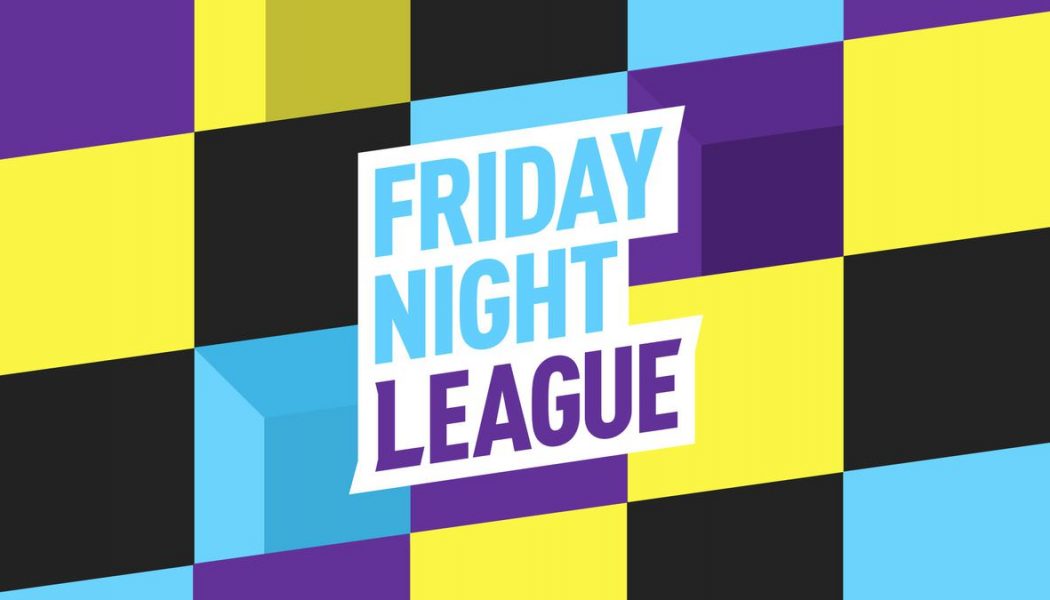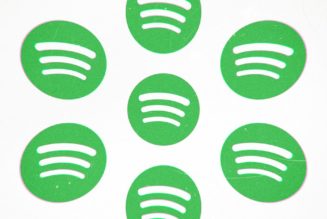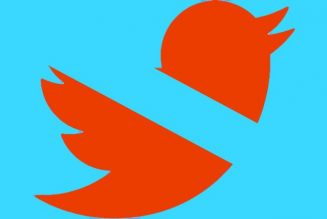The League of Legends Championship Series (LCS) is expanding to Friday nights and eliminating the Monday Night League (MNL) broadcast in the process. Earlier this year, developer Riot experimented with changing viewership behavior around its North American esports league by introducing games on Monday nights. But things didn’t quite go as planned. Riot says that viewership was down in the new time slot, but adds that it “learned a lot from the experience.” Because of this, when the LCS kicks off its spring season in June, it will look a little different.
“We’re disappointed that Monday Night League didn’t work out as we hoped, but we’re excited for the shift to Friday, and being able to incorporate a lot of the lessons from Monday Night League into our broadcast this summer,” LCS commissioner Chris Greeley tells The Verge.
The new broadcast will debut on June 12th at 6PM PT with two matches: 100 Thieves vs. Evil Geniuses, followed by Cloud9 vs. FlyQuest, a rematch of the spring finals. According to Greeley, much like MNL, the Friday broadcast will have a distinct tone that differentiates it from the standard weekend matches. He describes it as “more of a party.” There will likely be other changes in store as well. “We’re going to look with a renewed focus on how we can make Fridays feel different,” Greeley says.
The move to a third day was a big deal for the LCS, as esports have historically been relegated exclusively to weekends. MNL represented a concerted effort to change that. Part of the reason it didn’t work out, though, is that Monday games alienated multiple audiences. The matches were late in the evening for East Coast fans, and in the middle of the night for those in Europe. Riot says that the new day is meant to “better support our fans and their viewing habits.”
:no_upscale()/cdn.vox-cdn.com/uploads/chorus_asset/file/19987507/unnamed.jpg)
The big question, of course, is why the league even needs to expand to a third day at all. According to Greeley, the idea is to expand the LCS’s audience — which could potentially include a move to TV in the future. “Having a third night opens up the possibilities and opportunities for us to engage with fans and for them to engage more with our partners and teams,” he says. “We’ll be looking at some media rights negotiations, so having a third night of LCS helps us generate new opportunities.” (ESPN picked up the spring playoffs this year, in a first for the LCS.)
Of course, just like nearly every other esports league, the LCS has had to shift to an online format, as everyone from players to broadcasters to production staff is forced to work from home. (Most leagues are also experiencing a big jump in viewership in the absence of other live competitions.) During the spring season, the league had to make the shift midway through the competition. But for the summer, things will be online from the very beginning. Greeley teases that, because of this, the summer competition will “push the bar” for what a remote esports broadcast can look like.
“We’re not ready to share any of those plans yet,” he says, “but we’re excited about where we are and where we’ll be when the season opens in a couple of weeks.”










